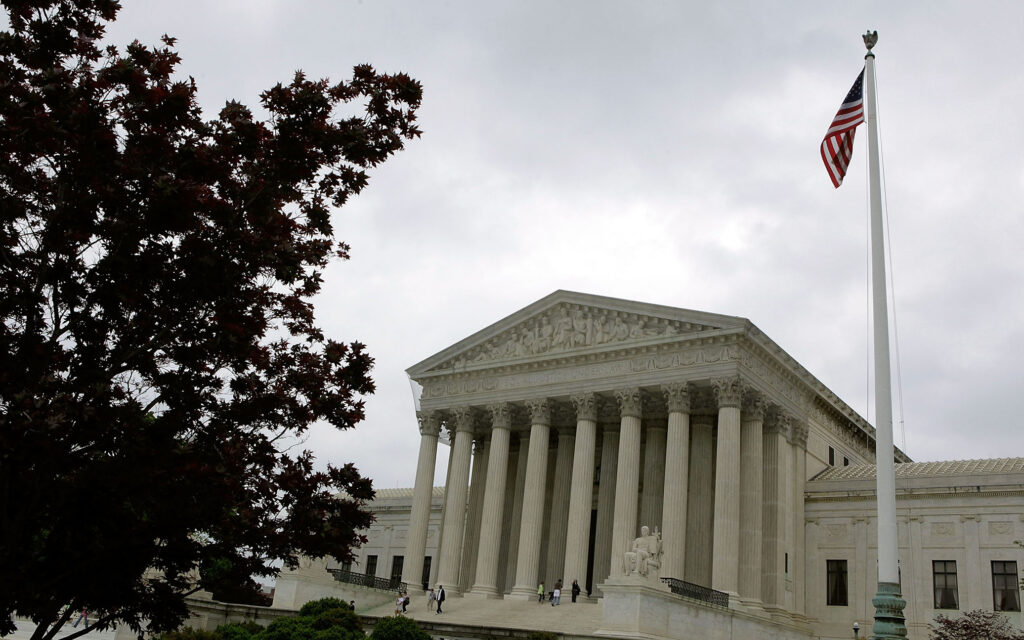Iwao Hakamata, an 89-year-old Japanese man who spent nearly five decades on death row before being acquitted of murder, will receive 217 million yen (approximately $1.45 million) in compensation—believed to be the largest-ever payout for a wrongful conviction in Japan, according to his legal team.
The ruling was issued Monday by Judge Kunii Koshi, who acknowledged that Hakamata had endured “extremely severe” mental and physical suffering during his 47 years in detention.
Hakamata’s lawyers had pushed for the maximum compensation allowed under Japanese law, citing the profound impact prolonged incarceration had on his mental health, which has significantly deteriorated.
Hakamata was originally convicted in 1968 for the murder of his employer, the employer’s wife, and their two children. He was sentenced to death and spent decades in solitary confinement, becoming the world’s longest-serving death row inmate.
His conviction came under renewed scrutiny after concerns were raised that police may have planted key evidence, prompting a rare retrial.
He was released from prison in 2014 and formally acquitted in September 2023 by a court in Shizuoka, a city on Japan’s southern coast. The courtroom erupted in cheers of “banzai” (hurrah) as supporters celebrated the long-awaited verdict.
However, Hakamata was too unwell to attend the proceedings and had been exempt from all hearings due to his fragile mental state.
Since his release, Hakamata has lived under the care of his 91-year-old sister, Hideko, who spent decades tirelessly campaigning to prove her brother’s innocence.
“I want people to know that my brother is innocent. I’ve never given up,” Hideko said in a previous interview.
The Japanese government will now be responsible for paying the court-ordered compensation. The case has reignited debate around Japan’s use of the death penalty, its judicial process, and the potential for wrongful convictions under intense interrogation practices.
Legal experts and human rights advocates have praised the ruling as a milestone, while also emphasizing the need for broader reform in Japan’s criminal justice system.



























